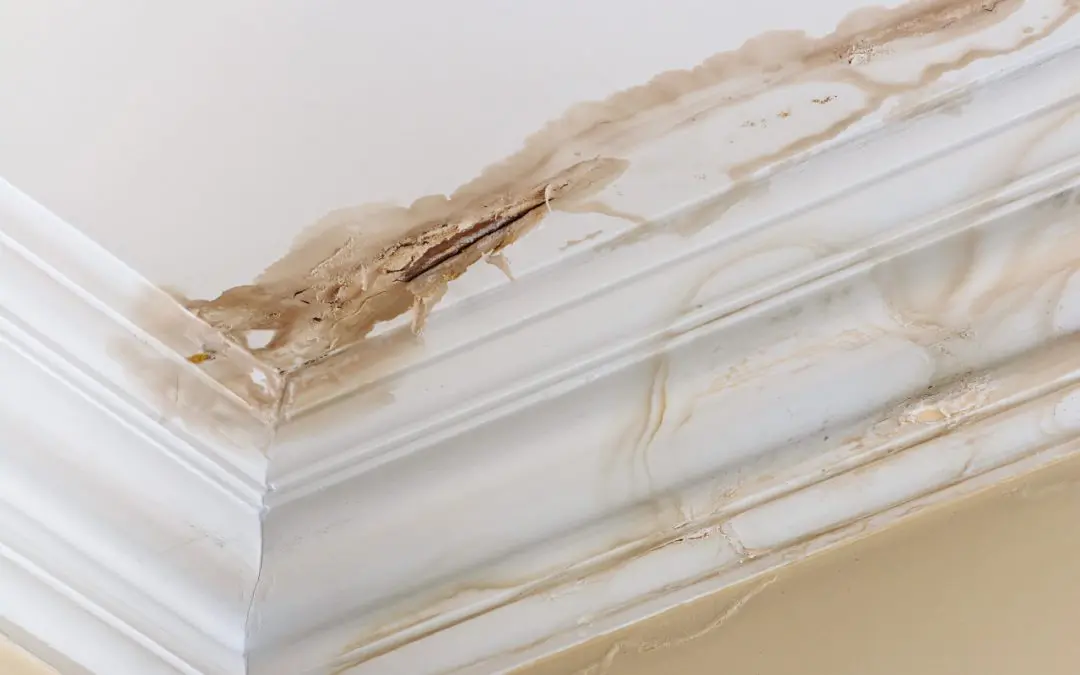Whether a pipe burst in your basement or there was flash flooding locally, there are many reasons homeowners experience water damage. It can be overwhelming to determine what to do in the immediate aftermath. How do you get the water out and prevent serious damage to the structure of your home? Here are a few tips for handling residential water damage.
What Type of Residential Water Damage are You Dealing With?
How you handle water damage depends on the type of water in your house or basement. If a pipe leaks or rain floods your home, you are probably dealing with relatively clean water. If the water is free from dangerous contaminants, you can safely remove and dry the home.
If a clean toilet backs up, a dishwasher overflows, or your washing machine spills, this is called “grey water.” It may contain chemicals or contaminants, but as long as you wear gloves and eye protection, it should be safe to clean before you dry and sanitize the area.
The most dangerous type of water damage is from black water. Black water refers to water that contains sewage or is a result of flooding. There is a high probability this water contains bacteria, waste, and other substances you should not come into contact with. Don’t attempt to remove this water alone; instead, hire a professional.
Residential Water Damage: Removing Water From Your Home
If the flooding is minor, you can remove water with a shop-vac. For example, a leaking water heater or dishwasher won’t usually cause significant damage if dried promptly. Work to vacuum puddles and dry the area thoroughly. Use fans and dehumidifiers to circulate air and remove moisture.
In case of major flooding, where there are several inches or feet of water in your home, it’s best to hire a professional. It’s necessary to remove water slowly to avoid damage or collapse.
Residential Water Damage: Invest in Proper Remediation
Residential water damage contributes to mold growth in only a few days. Have your house professionally dried and dehumidified. Remediation companies have professional-grade dryers and understand how to manage excess moisture in a home. While it is a significant investment to hire a water remediation company, it will be even more costly to hire mold professionals and contractors in the future.
Replace Damaged Belongings and Building Materials
When flooding is severe, this could result in damage to furniture and building materials. Some items can be cleaned and restored, but others must be replaced. Water often badly damages upholstered chairs, particle board furniture, and drywall, and causes mold to grow. Talk to a flood mitigation professional if you’re unsure how to proceed.
Outlook Home Inspections offers inspection services to Charlotte and upstate South Carolina. If you’re buying or selling a house, contact us to request an appointment.

